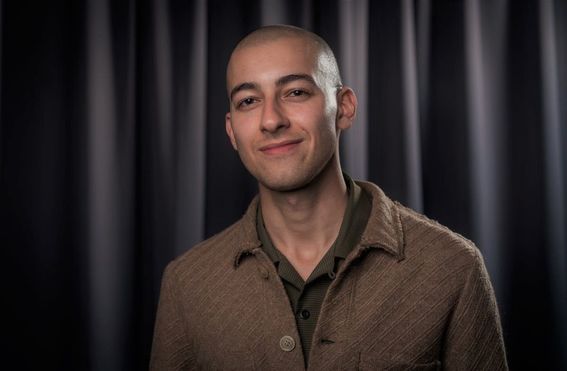What experience has most impacted you as a professional in design and sustainability?
I cannot narrow it down to a single experience, but the frequent experience of being one of the few in a room with this unique set of competencies; which constantly snowballs me into interesting processes.
What would you like to work on in the future?
I like to think that I work in the future today, prefiguring more just and equitable ways of developing our cities and places for people and other species. On a more serious note I’d like to be involved in developing new institutions and enabling systems to ensure that thriving places become a certainty.
What is one key concept of sustainability that everyone interested in Creative Sustainability should know of?
I think the concept of entropy, the randomness of a system, is crucial. Especially to understand that nothing is infinite and any work process, like recycling, suffers from energy loss; a circular economy can never become 100% circular due to entropy. Also entropy can be used as a hard science translator of design principles such as “close proximity” - local energy production suffers less energy loss than long cables from central production facilities.
There are pragmatic reasons for this answer. First, because neoclassical economists do not understand entropy (that is why they believe the economy can grow infinitely, as opposed to ecological economists who integrate the concept), and because it is physics, a hard science, they respect it. Also because engineers understand it, thus your explanations or reasonings are accepted. These two are the most difficult to sway from their disciplinary thinking, frequently resist other ways of knowing and tend to end up in important positions in society.
Your 3 books recommendations for people interested in sustainability topics
“The Dawn of Everything” by David Graeber and David Wengrow - this book will help you challenge the myths and assumptions about previous civilizations and ways of living that can liberate your thinking on what is possible to achieve; also to debunk false narratives of history as a linear one way process from “hunter gatherers” to cities. (“Designs for the Pluriverse” by Arturo Escobar is a good complementary book for this)
“Staying with the Trouble” by Donna Haraway - you will seldom be as challenged as this. This book is a journey into radically different futures, and you will start to notice her influence every time you hear the word “multispecies”.
“How to thrive in the next economy” by John Thackara - one of the books I most frequently open, many real life examples of alternative systems of meeting human needs and a easy to grasp critique of current unsustainable systems divided into sections like “clothing”, “feeding”, “moving” and “caring”.
BONUS: what advice would you give to current CS students or people interested in applying to the programme.
To current students:
Take teamwork-based courses in other faculties to disrupt business as usual and to recognize and understand your value in a team. It is also a great way to learn how to use and introduce interdisciplinary concepts in practical settings for mutual benefits.
To those interested:
Just apply and find a way to fit in - for the next twenty years, people are going to talk, care, and pretend to know about what you will understand and be able to act on!












